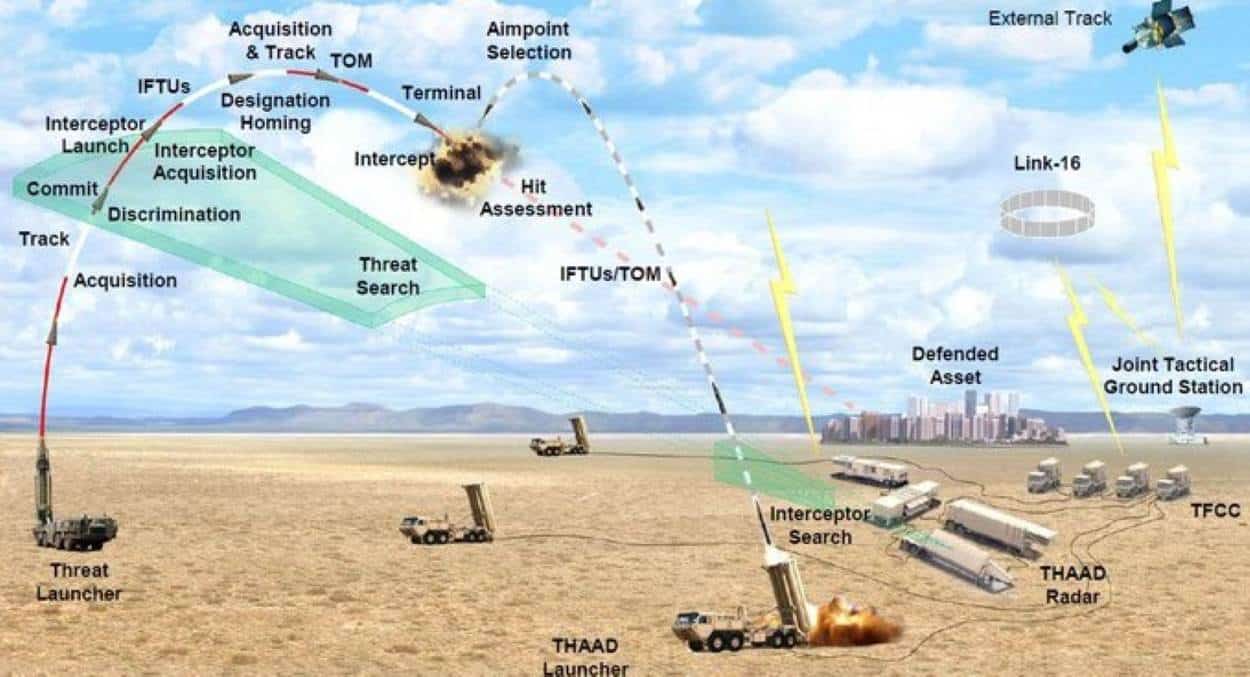As tensions escalate between Israel and Hezbollah, the Pentagon has confirmed the deployment of the Terminal High-Altitude Area Defense (THAAD) anti-missile system to Israel.
THAAD anti-missile systems, an advanced defence mechanism, along with approximately 100 US troops to operate it, aims to enhance Israel’s air defence capabilities in light of recent missile attacks from Iran and heightened regional hostilities.
The decision to deploy THAAD follows recent missile attacks by Iran on Israel, underscoring the system’s critical role in intercepting ballistic missiles and enhancing Israel’s existing defensive infrastructure against short, medium, and intermediate-range threats.
The deployment also strategically positions US forces to support Israel as it considers responses to Iranian aggression, potentially stabilizing the region and deterring further escalation.
This move by the US comes as Israel faces increased attacks from Hezbollah, including a significant drone strike on a military base in Binyamina that resulted in the deaths of four Israeli soldiers and injuries to over 60 people. This strike, a direct response to an Israeli airstrike in central Beirut, underscores the volatile state of affairs.
Hezbollah has intensified its rocket and drone assaults on Israel, challenging Israel’s sophisticated air defences, including the Iron Dome, which has intercepted numerous projectiles. Despite these defences, the frequency and intensity of attacks are pressing the limits of Israel’s defensive capabilities.
Read: Hezbollah Foils Israeli Troop Infiltration Attempts in Lebanon
In a stark warning, Hezbollah has stated that the Binyamina attack is just the beginning, indicating severe repercussions for continued Israeli aggression. This ongoing conflict highlights the critical role of US support in Israel’s defence strategy amid escalating regional tensions.






